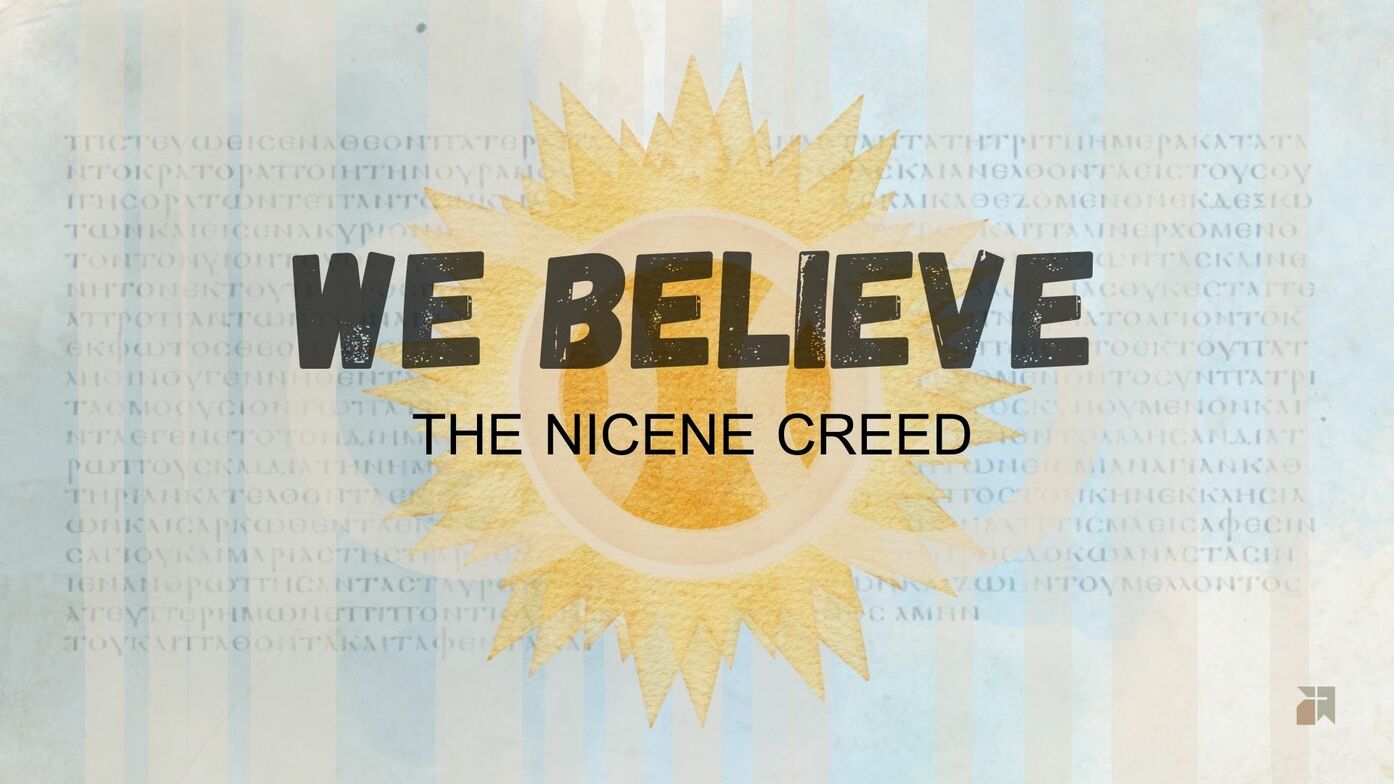
Imagine yourself as a general tasked with defending a fortress under relentless siege. For 20 grueling weeks, your predecessors stood firm, holding the walls against overwhelming odds. Many were wounded, and countless gave their lives, especially in the brutal first four weeks of the war. Now, the burden falls to you to carry on their fight, to safeguard the city they died for.
Would you ignore the battle plans created by those brave leaders who held the fortress during the first month of the war? Or would you study their courage, their tactics, their resolve—honoring those who risked all to defend what you now hold?
In many ways, the Christian church today faces a similar scenario. For 20 centuries, faithful believers have contended for the faith "once for all delivered to the saints" (Jude 3), often against overwhelming odds. Many faced torment, and countless gave their lives to preserve the truth we proclaim today—especially in the church's first four centuries.
Now, in the 21st century, we are called to guard this same faith, entrusted to us by their sacrifice. Yet too many Christians take up this duty oblivious to the wisdom of those who held the line for 2,000 years. Too many ignore or abandon the convictions that our predecessors died to defend.
This is where the Nicene Creed comes into play. Think of it as an ancient battle plan, created by the brave saints who faithfully contended for the faith in the early church. Just as a good general would be foolish to ignore the wisdom of his predecessors, a Christian will struggle to defend the faith if we disregard those who worked painstakingly to define what it is that Christians believe.
But what exactly is the Nicene Creed, and why should we study it?
The Nicene Creed emerged from a pivotal moment in church history. In 313 AD, the Emperor Constantine issued the Edict of Milan, which made Christianity legal in the Roman Empire. While this brought relief from persecution, it also opened the door for internal threats to sound doctrine.
Five years later, a controversy erupted when Arius, a pastor in Alexandria, began teaching that Jesus was a created being, not eternal God. This sparked intense debate throughout the Empire, leading Constantine to summon 318 bishops to the Council of Nicaea in 325 AD.
The result of this council (and subsequent refinements) was the Nicene Creed—a concise statement of core Christian beliefs, particularly regarding the nature of God as Trinity and the divinity of Christ. For 1700 years, this creed has served as a unifying confession for believers across denominational lines.
But why should we, as modern Christians, devote time to studying this ancient document? Here are four compelling reasons:
1. It is a Summary of Christian Doctrine
The Nicene Creed distills the essential teachings of Scripture into a concise, memorable form. While it doesn't cover every aspect of Christian belief, it provides a solid foundation of core doctrines. As Carl Trueman notes, all Christians have a creed—a summary of what they believe the Bible teaches. The Nicene Creed offers a time-tested, widely accepted articulation of these central truths.
2. It is a Standard for Christian Discernment
While the Bible remains our ultimate authority, the Nicene Creed serves as a helpful tool for discerning truth from error. It can help us identify false teachings and distinguish between essential and non-essential doctrines. The creed addresses what theologians often call "first-level issues"—beliefs that are fundamental to authentic Christian faith.
3. It is a Syllabus for Christian Discipleship
The Nicene Creed outlines key topics that every growing believer should understand: the nature of God, the person and work of Christ, the Holy Spirit, the church, and our hope for eternity. It provides a roadmap for deeper theological study and spiritual growth.
4. It is a Stimulus to Christian Worship
Far from being dry or academic, sound doctrine fuels passionate worship. The Nicene Creed helps us see God more clearly, leading to deeper adoration and praise. As Jude 3-4 implies, those who distort the truth ultimately "deny our only Master and Lord, Jesus Christ." True knowledge of God is essential for true worship.
As we consider the value of the Nicene Creed, it's crucial to remember the context in which it was forged. Many of the bishops who gathered at Nicaea bore physical scars from recent persecutions. These were not detached academics, but men who had suffered for their faith and understood the importance of sound doctrine.
Yet even more significant than their scars are the wounds of Christ Himself. The heart of the Christian faith—beautifully summarized in the Nicene Creed—is that "for us and for our salvation," Jesus came to earth, lived a sinless life, died a sinner's death, and rose victorious over the grave. It is by His scars that we are healed.
In a world of shifting ideologies and relentless attacks on truth, the call to "contend for the faith" is as urgent as ever. The Nicene Creed serves as a battle-tested aid in this ongoing spiritual struggle. It connects us with the great cloud of witnesses who have gone before us, reminding us that we are not alone in our stand for truth.
As we study and embrace the truths expressed in the Nicene Creed, may we be strengthened in our faith, equipped for discernment, and ignited in our worship of the Triune God. Let us take our place alongside the saints of old, fighting to be faithful for the glory of King Jesus.
